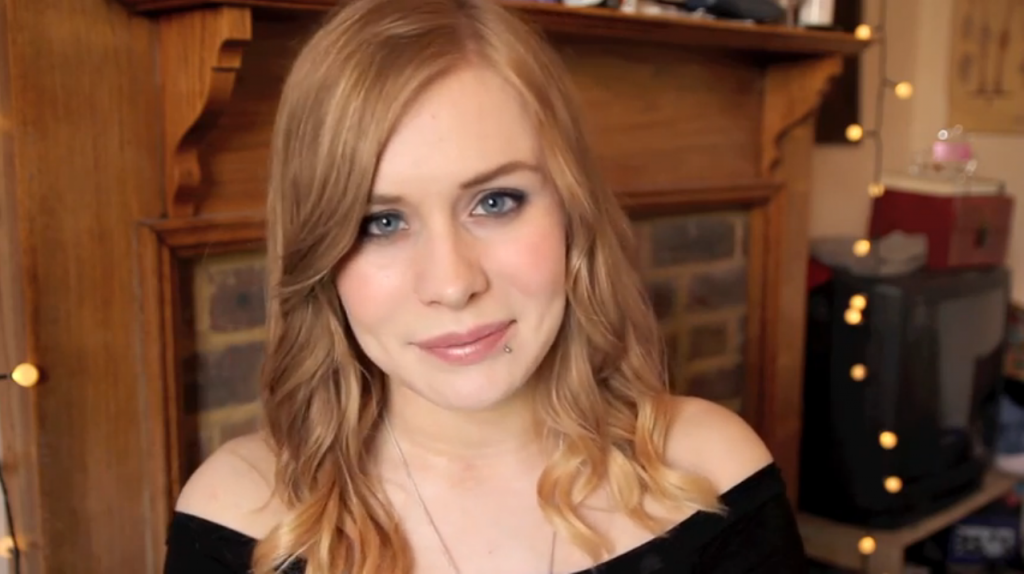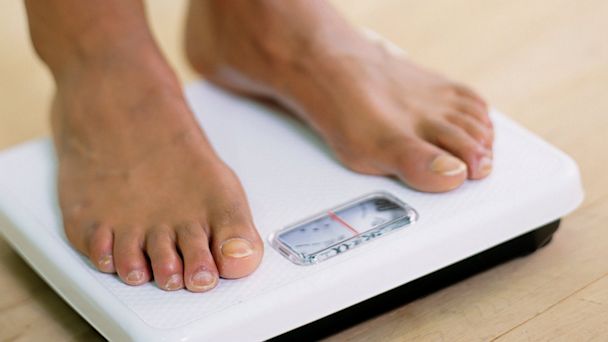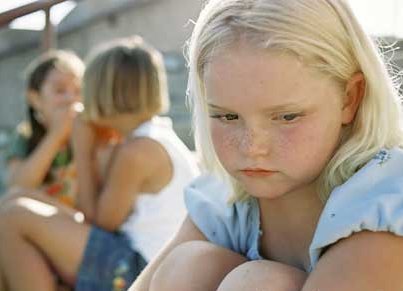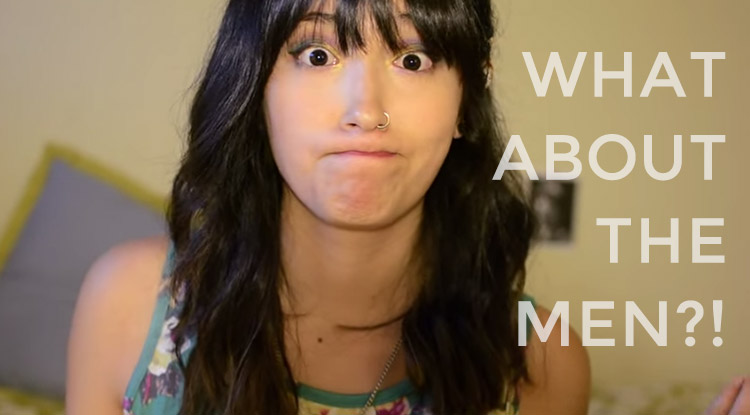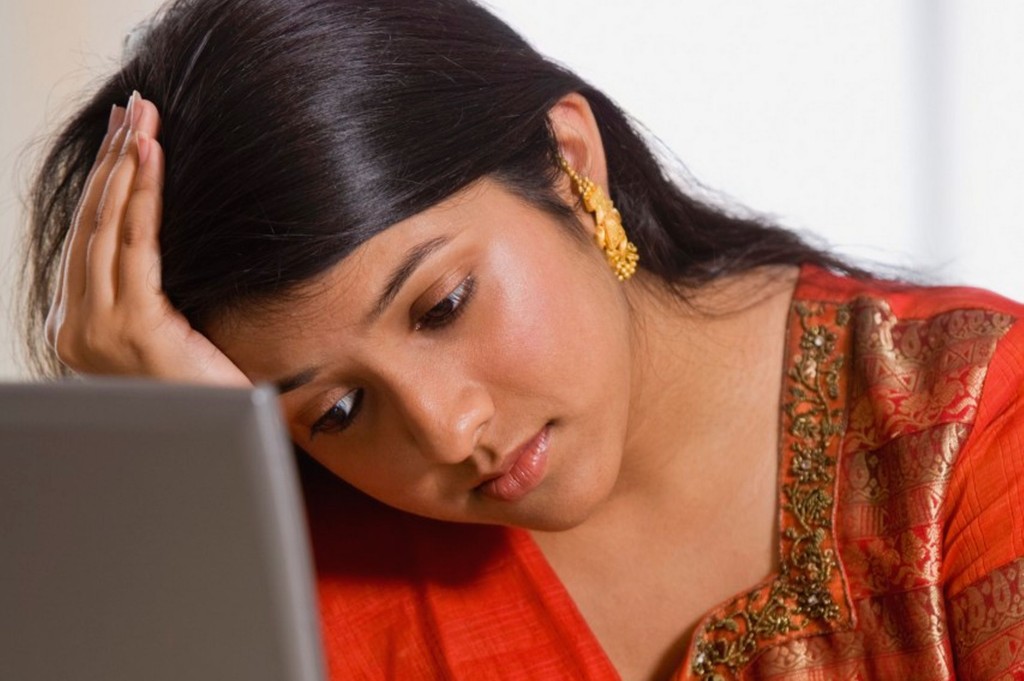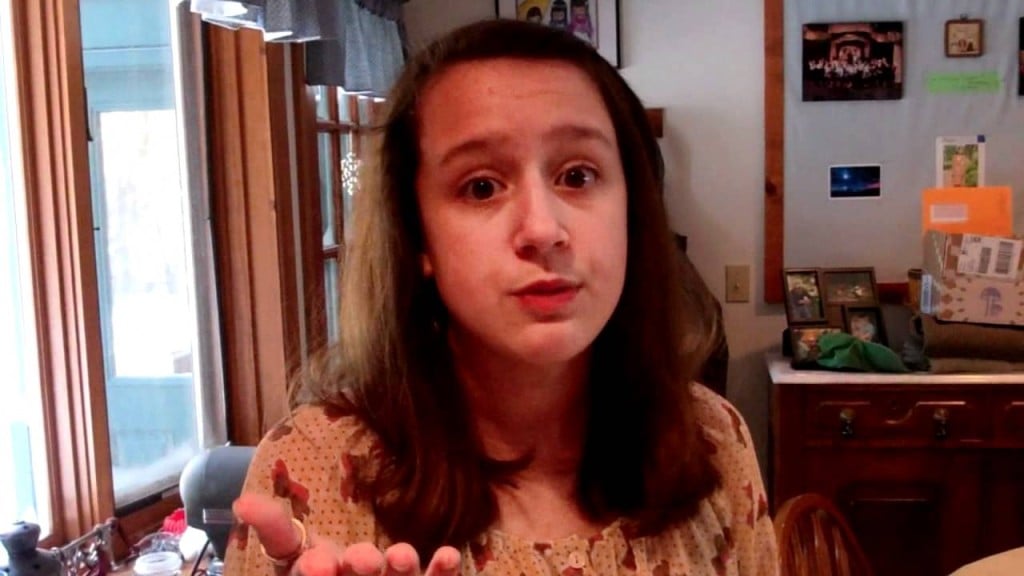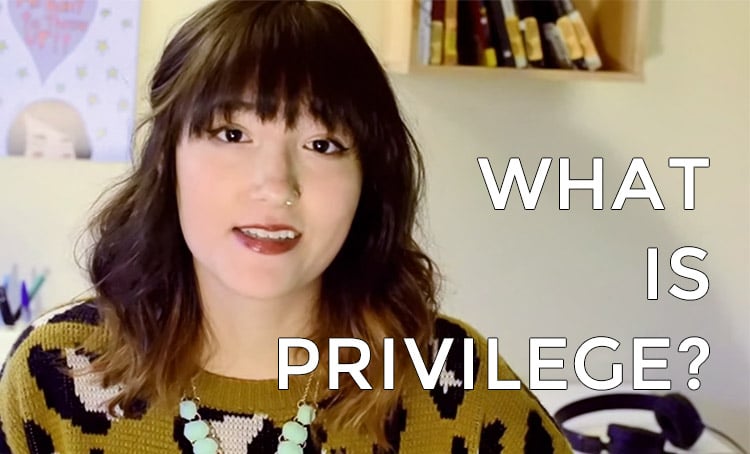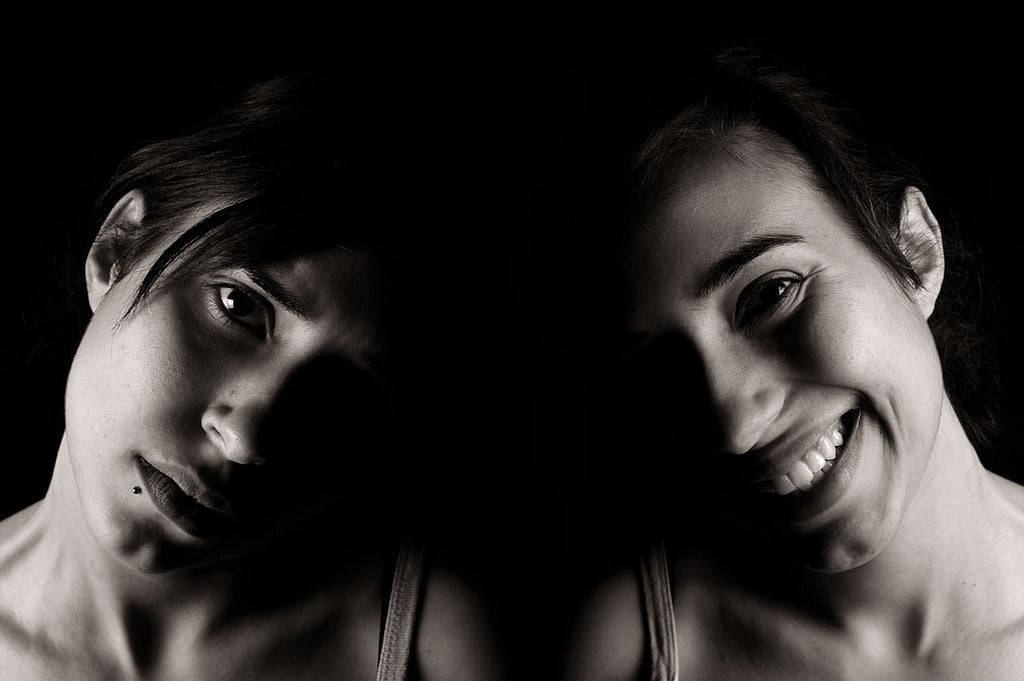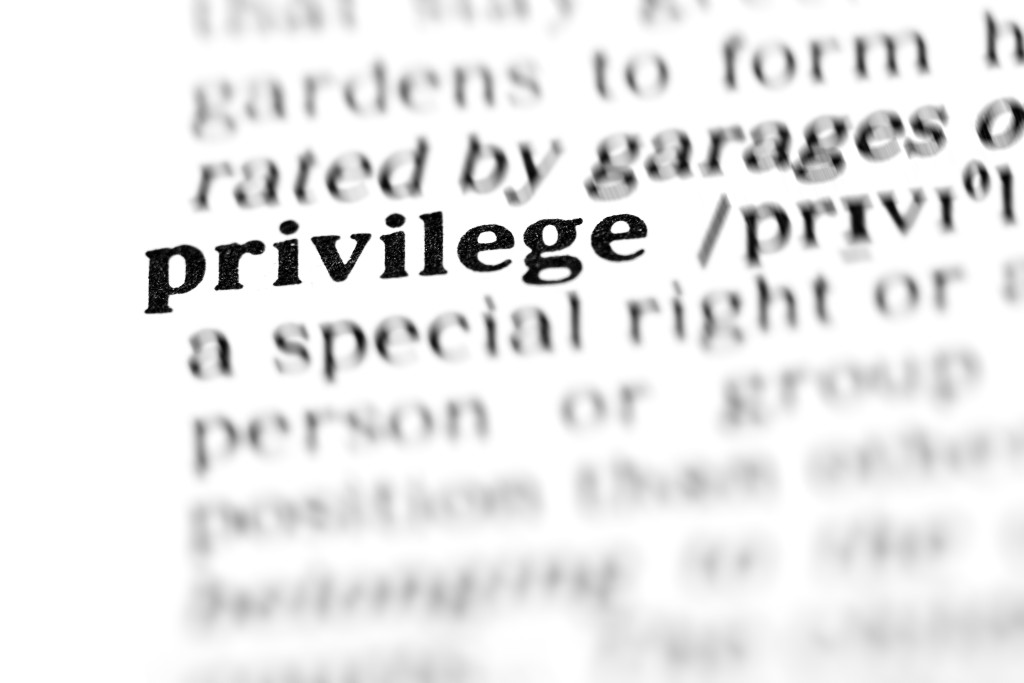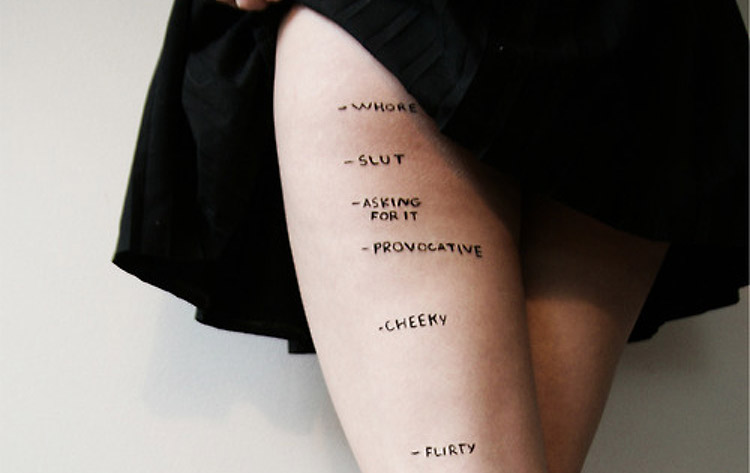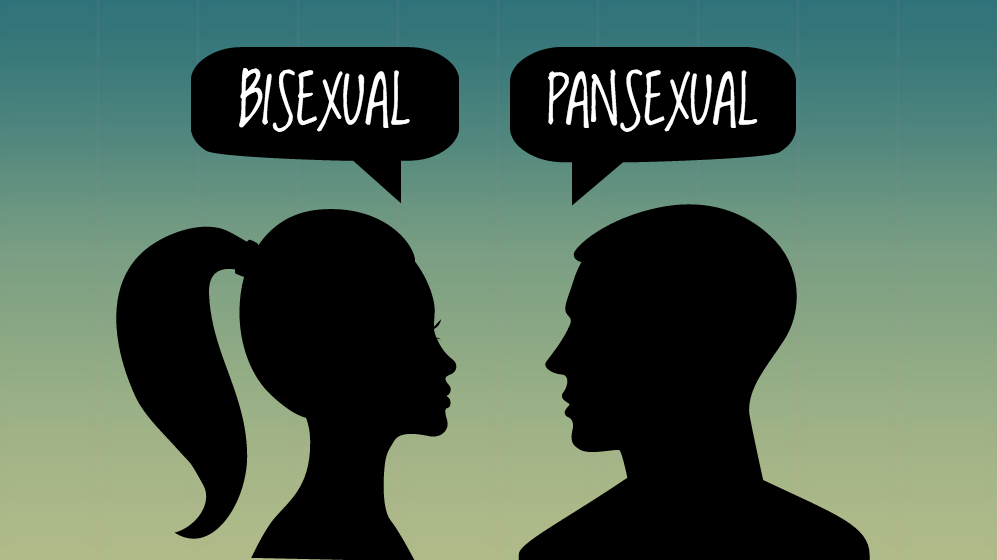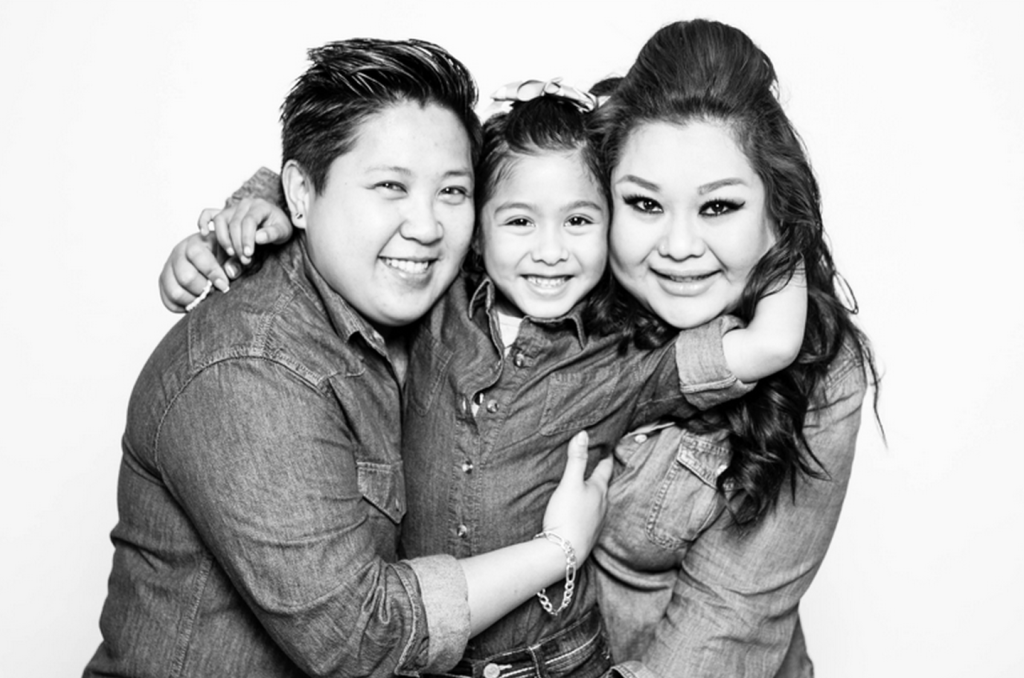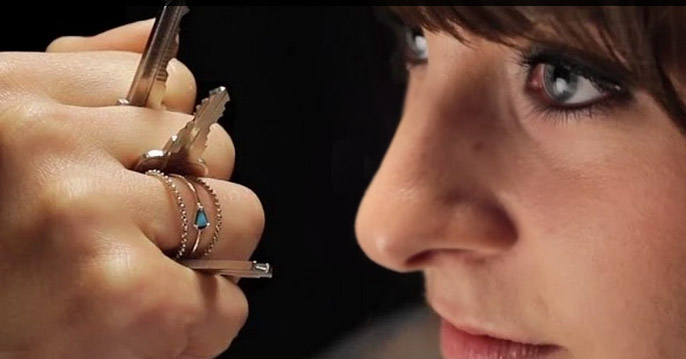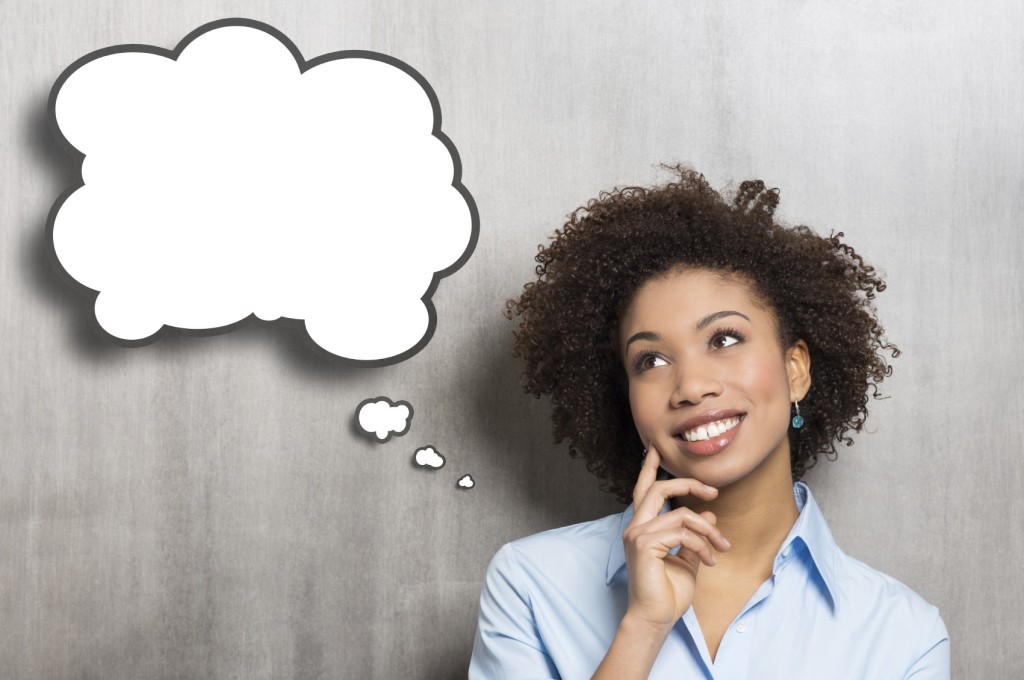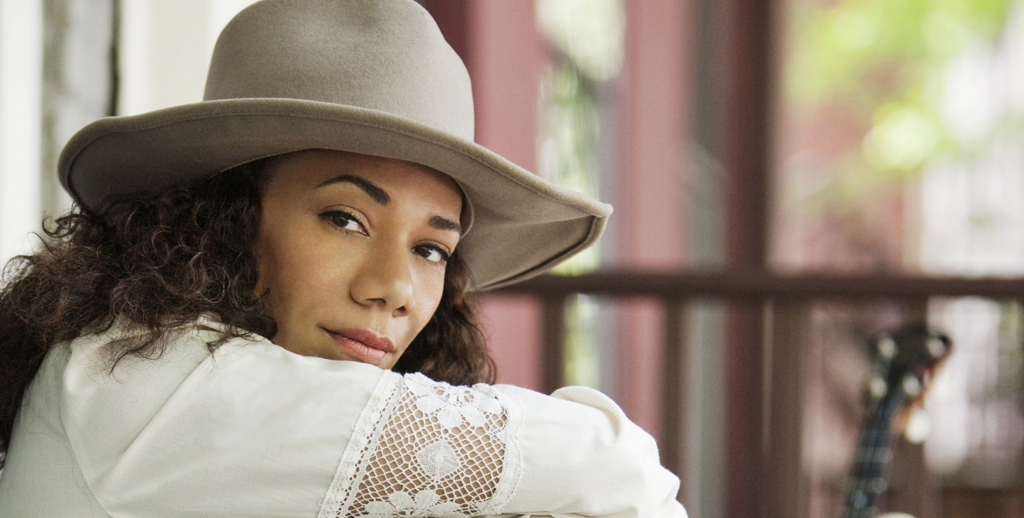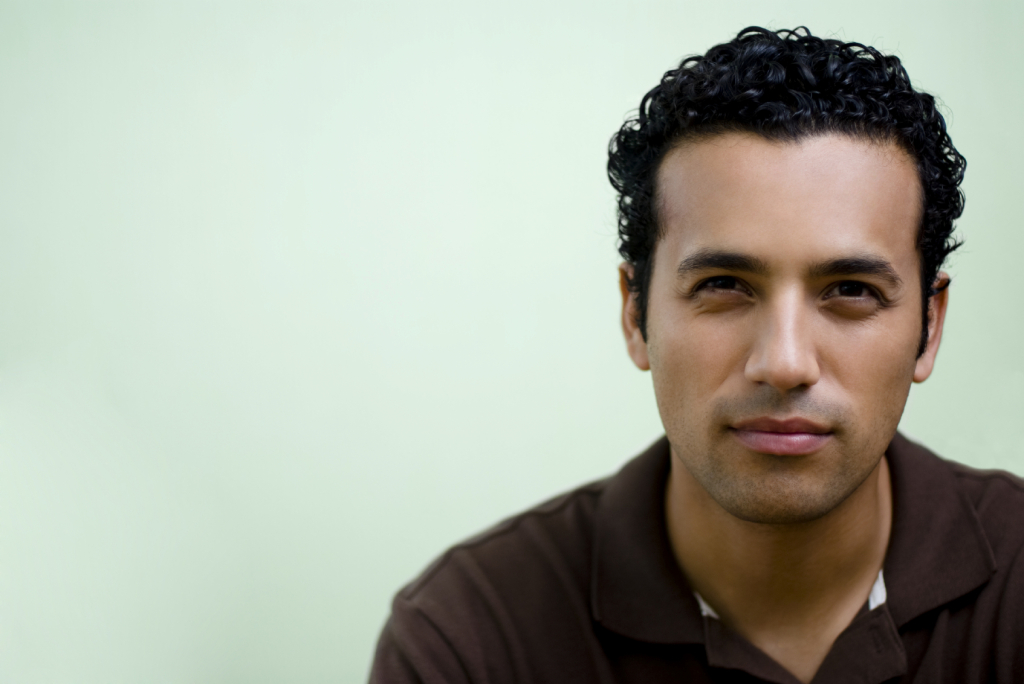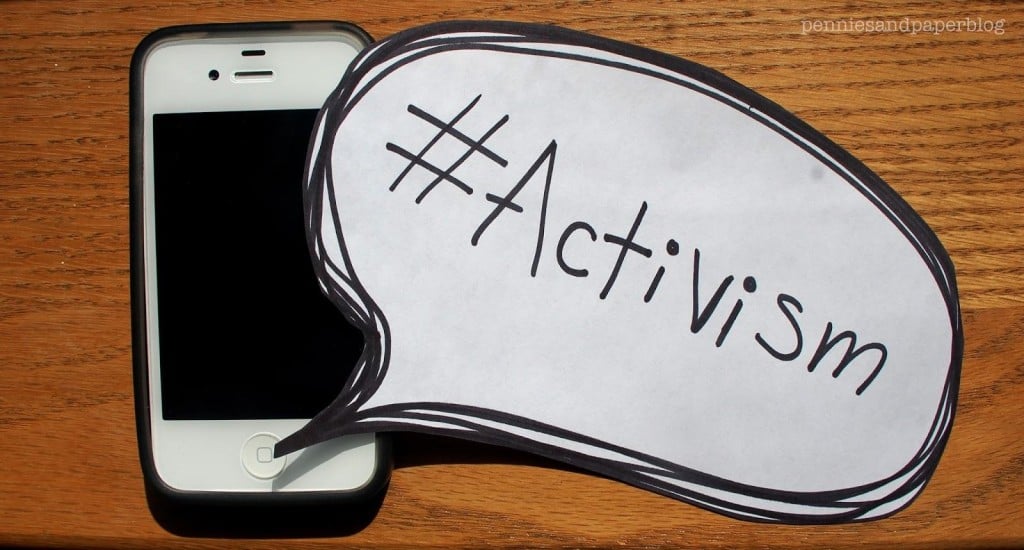Search results for: sex talk
Feel Better!
Do you ever have days where, for no particular reason, you’re not feeling your best? Maybe your negative self-talk is louder than usual, or you’re feeling bored and uninspired at work. Vlogger Lex Croucher gives a crash course in self-care for these off days! Watch her list several activities that improve her mood, and take note of the ones you want to try the next time you’re feeling down.
Read MoreBreaking Down the Desire to Be Thinner
People often talk about thinness, and the desire for thinness as a given. It’s so ingrained in our culture (thanks, $58.6 billion diet industry) that we don’t often ask the question “Why do you want to be thin?” What would being thin mean to you? I want to break apart some thinness myths. Let’s take a closer look at nine supposed benefits of being thin.
Read MoreIf I Stop Dieting, Will I Gain Weight?
One of the most common questions I get from prospective clients is this: “If I practice Health At Every Size, will I gain weight?” And here is the answer I pretty much always give: “I don’t know. But I do know you will FEEL much happier and more at peace with your body.” Maybe unsurprisingly, not everyone is too keen on my answer. So let’s talk about weight.
Read MoreA Problem of Power: Ending Bullying in Schools
Far too often, young people tear each other down and target one another for sustained violence, harassment, or neglect in order to feel more powerful, particularly when the person exhibiting bullying behavior is feeling powerless. But if we want to end the problem, we have to do the tough work of changing culture and climate. It’s time we change how we talk about bullying.
Read MoreBut What About the Men? Is Feminism Sexist?
If you’ve ever tried to talk about feminism to anyone, you’ve probably heard this line: “If feminism is really about equality, then why does it only focus on women’s issues? What about men?” Here to dispel some misconceptions about what feminism really means is vlogger Marina Watanabe. Watch her no-nonsense summary of why, no, feminism is not in fact sexist.
Read More6 Things You Can Do If You Think You Have an Eating Disorder
Part of why we feel so scared to get help for having an eating disorder – to admit it to ourselves, to talk to other people about it, and to get professional help – is that there is a stigma around it. But we can’t let that stigma stop us from getting the help that we need. So let’s explore, together, what eating disorders are and how to get help for them.
Read MoreSh*t People Say to Autistic People
(Trigger Warning: Ableist language) “I’ve seen Rain Man.” “But there’s nothing wrong with you.” “Labels go on soup cans. Not people.” Don’t be this person. With this video, find out just how insensitive people can be when they talk about autism, and learn what not to say to avoid perpetuating harmful false beliefs. And if you’ve gotten these comments, get a good laugh and know that you’re not alone.
Read MoreWhat Is White/Male Privilege?
You can’t spend more than a few minutes in a feminist space without hearing people talk about privilege. And if you’re new to feminism, the concept can be overwhelming. What exactly does “privilege” mean? What does it look like in today’s society? Check out this video from Marina Watanabe for an explanation of white privilege and male privilege!
Read More10 Harmful Myths About People with Bipolar Disorder
Do you believe the negativity spread about bipolar disorder? The stigma surrounding this disorder leads people to some uninformed, hurtful conclusions. These myths perpetuate a culture that shames people with the disorder and keeps them from seeking help. Let’s tackle some of the prevalent myths so we can talk about making happiness a possibility for everyone.
Read MoreWhen Privilege Goes Pop: How Today’s Mainstream Conversations On Privilege Can Hurt Justice Movements
We live in a time when conversations about privilege have become incredibly commonplace. It feels like privilege has gone pop – and that’s not necessarily a good thing. Because when we talk about privilege, we must do so with the kind of complexity that holds people of privilege accountable. So how does pop cultural privilege discourse hurt movements for justice? Read on.
Read MoreHow the Rules of Racism are Different for Asian Americans
Racism toward Asians is treated differently in America than racism toward other ethnic groups. While the same racist may hold back terms he sees as off-limits toward other minorities, he will often not hesitate to call an Asian person a chink, as Jeremy Lin was referred to, or talk about that Asian person as if he must know karate, or call him Bruce Lee, or consider him weak or effeminate, or so on.
Read MoreModest Is Hottest? The Revealing Truth
There’s been much talk about modesty being “better.” But when we judge girls and women for the skin they are or are not showing, we are minimizing them to their bodies and repeating the shame-inducing belief that female bodies must be covered to protect boys and men who can’t be held responsible for their thoughts or actions. Women and girls are more than just bodies – let’s treat them like that.
Read MoreCis Privilege and Identity Policing in the Bi and Pan Community: 3 Harmful Tropes and 3 Ways We Can Unite Instead
Too often bisexuality and pansexuality are pitted against each other in the name of fighting transphobia. Calling out transphobia is vital. But too often this debate is used more to devalue the other identity. Let’s talk about why this debate is hurting cis polysexual people and trans people of all sexual orientations and how we can support everyone instead.
Read MorePowerful Photos Fearlessly Redefine What It Means to Be LGBTQIA+
Just how many ways are there to be LGBTQIA+? You can be queer, femme, a unicorn, or a bottom, to name a few. We talk a lot about labels and identity, but what does identity really mean for defining gender and sexuality? The subjects of these beautiful photos, from Sarah Deragon’s The Identity Project, might blow you away as they embody their answers.
Read MoreWhat It’s Like to Be a Woman at Night
Many women can tell you that being alone, outside, after dark is something they avoid doing whenever possible. But if you’ve never been a woman walking alone at night, you may not understand how scary it can be and how powerless you can feel. Check out this video in which six women talk openly about what they’ve experienced and felt while out alone after dark.
Read More3 Things To Consider When Choosing Between Calling Someone Out Or Calling Them In
There’s been a lot of talk lately critiquing call-out culture – and a lot of the concerns are valid. But is calling in always the answer? Or can that sometimes reproduce oppression inside social justice movements? Read this to get the lowdown on when each approach might be useful by centering on how to be most survivor-centered and how to achieve the results you want.
Read MoreWe Can’t ‘Get Over It’: 4 Ways Understanding Past Wrongs Can Create Better Indigenous Allies
Mention Pearl Harbor or 9/11, and the rallying cry is “Never forget!” So why the double standard when it comes to Native issues? “Get over it” gets tossed around too frequently for people who have experienced trauma. I want to talk about why these past wrongs still very much impact Native lives today and direct your attention to what can help.
Read MoreAbusive ‘Feminist’ Men Exist — Here Are 6 Things Men Can Do to Stop Them
As male feminists, it’s easy to criticize the misogyny of the MRAs. But how often do we turn the lens around? There are stories from every era of the feminism — stories of men talking the talk of feminism, gaining trust, and using that trust to hurt, abuse, and act in profoundly anti-feminist ways. Here are six things we need to do starting right now to fight this.
Read More3 Myths about Native Hawaiians You Ought to Know Before Visiting Paradise
Chances are that you might be travelling to Hawaii for a vacation in the near future — and lucky you! Hawaii is amazing. But Hawaii is also an actual residence for people, and it’s important for us to recognize the harmful stereotypes we often perpetuate when we talk about Hawaii. So let me tell you a little about Hawaii and Native Hawaiians to prepare you for your journey.
Read MoreYou Don’t Need to Be Leading Marches for Your Activism to Matter – Here Are 5 Reasons Why
We – as social justice activists – need to explore beyond thinking of the very large and very public demonstrations as the sole means of radical change. Who is included in our idea of “activists?” In which ways are we unintentionally excluding folks in this vision? What other platforms are activists using to raise awareness about injustice? Let’s talk about it.
Read More

